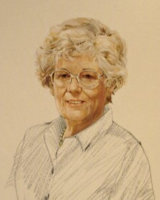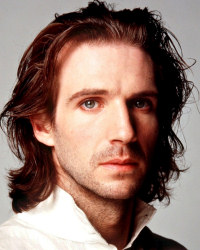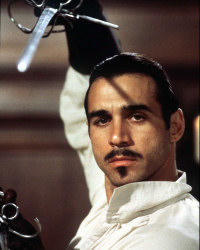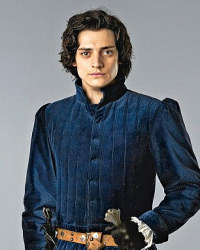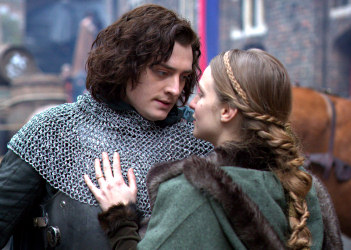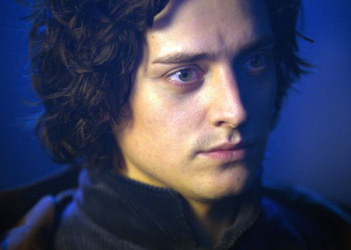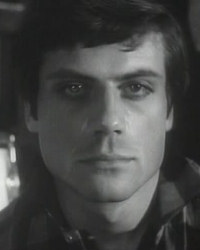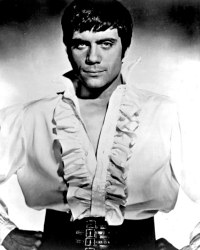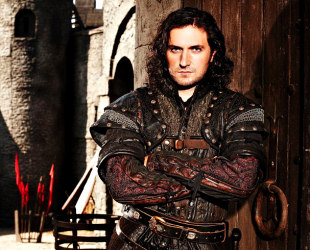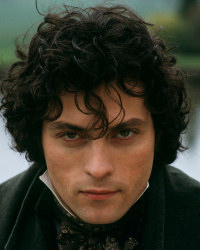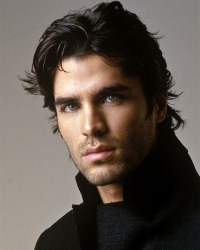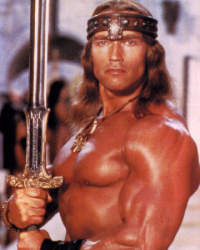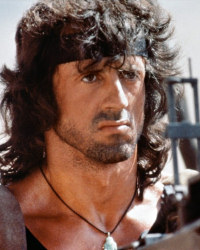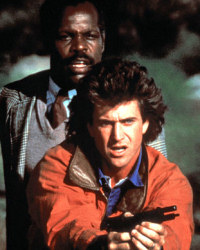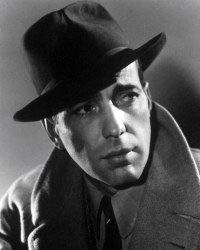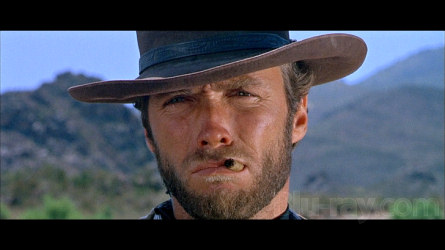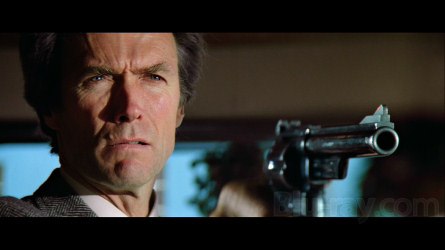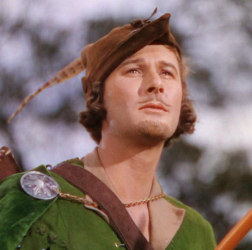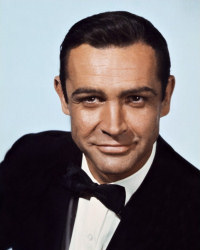Following my previous post I want to look at a different sort of connection – not mine to the characters, but the connections between the countries and cultures and prominent figures who feature within Dorothy’s books.
In part it was prompted by Alys West’s post – Five things I’ve learnt about writing from reading Dorothy Dunnett in which she looks at the valuable lessons she’s trying to make use of in her own work.
The topics Alys mentioned are mostly from the aspect of writing technique; such as viewpoint, making your main character flawed and making the cost of his actions matter. However I want to look at something rather wider here, at one of the things that I think makes Dorothy unique. That is, her ability to interweave the strands of history in a way that allows us to learn about the cross connections between countries – why alliances were formed and why they might be broken and reshaped, what the strategic value of geographical position or natural resources meant to countries and their rulers, the role of religion, the role of trade, and the strengths and weaknesses of particular rulers and what their successes, failures, and eventually their deaths meant for the next phase of the game.
Writing these words I am struck anew by the fact that surely I should be talking about a historian – someone whose job it is to communicate these facts and build these theories of political interaction. Yet I’m not. I’m talking about a novelist, and one indeed whose books are often described on the one hand as fast-paced, rip-roaringly exciting adventures, and on the other is admired for her complex and real characters and her compelling world-building. When on earth does she get a chance to teach us about history?
Now I have read many articles and letters over the years about the teaching of history. It is a subject that has long fascinated me although I regretfully had to drop it as a subject in school at the age of 16 – it was impossible to fit in with physics, chemistry, engineering science, maths and english. (Ironically my favourite at university was history of science! Should have been a hint there.)
From reading these descriptions of other people’s experience of school history I suspect I did comparitively well. It appears that history teaching has being repeatedly cut in many schools in the UK over the last few decades and many fear for its very surival. However the nature of the lessons I remember was very much fragmented into different time periods and on particular countries. You might get the Romans in one term and the Vikings in the next. Then you’d move on to Henry VIII, and if you were in a Scottish school that might lead into the Rough Wooing and Mary Queen of Scots, while in England it might lead to Elizabeth and maybe the Spanish Armada. Then you’d be into the next academic year if you weren’t already, and you might have jumped to WW1 or WW2. Big gaps in between, mostly concentrating on one or two countries and the wars between them – Scotland/England, England/Spain or England/France. UK/Germany. But even there it would usually be pared down to smaller episodes, particular key battles. (I remember vividly bashing out a long and detailed project on the Battle of Britain on a typewriter that looked about as old and as a heavy as a Heinkel bomber!)
What we didn’t get was any sort of context, any idea of what else was happening in other countries when all this was going on. When the Angles were raiding the English coast and then settling there what was happening in what is now Norway and Sweden and Denmark, or for that matter in Orkney or the Western Isles or Ireland, and what caused this movement of people westwards. When the Lancastrians and the Yorkists were fighting it out for the throne of England what was happening in France or Prussia or Italy and was there an influence between them or were they all isolated from each other. Hang on, rewind, did France actually exist in its current form? Italy certainly didn’t. We have these fixed ideas of the current borders of Europe yet they’ve been incredibly fluid over the centuries.
What was Burgundy and why wasn’t it joined up? What about these city states like Venice, Florence and Genoa. What are all these little places like Savoy, or Alsace, and that big thing called the Empire which seemed to have something to do with the Christian Romans. And why were some of them at war with the Pope when they’re supposed to be Christian and why are some countries appearing to help the Ottomans. Oh it’s all so confusing! Can’t anyone give us an overview? Join up the dots? ………..
Well actually, someone can. But she wasn’t a historian and she never went to university and she writes (gasp) fiction, and (whisper it) it has a romance in it.
But I don’t know anyone who could pull together the many threads of history and make you understand the connections as Dorothy Dunnett could.
Until I read Lymond I had no real idea that Suleiman and Mary Tudor and Ivan the Terrible all ruled at the same time – no-one had mentioned them together and I hadn’t put the dates side by side. Until I read Niccolo my only knowledge of Alum was from a Chemistry set I got for Christmas when I was about 12. I had no idea of its critical importance in world trade. I hadn’t considered Russian history and the attempts to forge trading links. I knew about the cod wars in the 1960, but not the ones in the 15th century. I hadn’t understood the importance of “the rock that burns” – coal, or the wool trade which was largely controlled by the church, or the sugar trade and the lengths people and crowns would go to secure it. I hadn’t undestood the role that an advisor to the king, such as Jordan de Riberac, could take and the repercussions that could ensue from their financial and political expertise. Or how difficult it must have been for a king to find an advisor he could trust, when he was constantly surrounded by the court.
Dorothy took the European stage and made it come alive and showed me all those connections, the ebb and flow of war and trade and the shifting sands of alliances in a way that no school instruction and no history book I’d read since ever did. She combined her own knowledge of commerce picked up while working at the Board of Trade, doubtless a lot of political understanding picked up from Alastair and his many connections, and her formidable levels of detailed research, and by the time it had filtered through her agile and intricate mind it had turned into this marvellous series of stories combined seamlessly with the purest and most complete synthesis of European history. But she did it for me and thousands of other readers almost without us noticing – while we were too engrossed in the drama and the characters and the intrigue of her wonderful sagas.
This is one of her most important contributions. This is what historians as well as writers should aspire to. And if you’re a student of history then you could do a lot worse than ditch some of the dry textbooks and read her books. You’ll never look at history quite the same way again!
